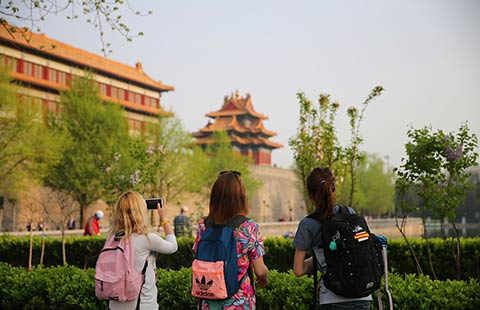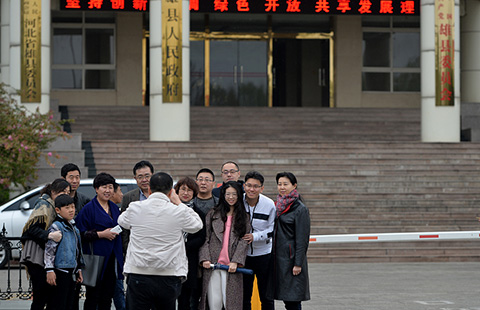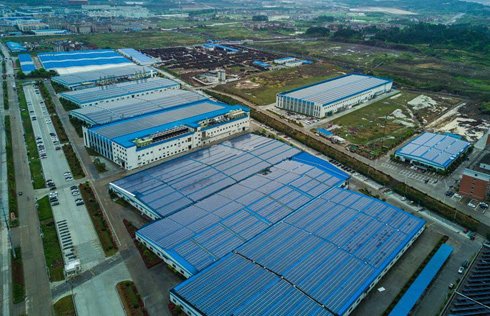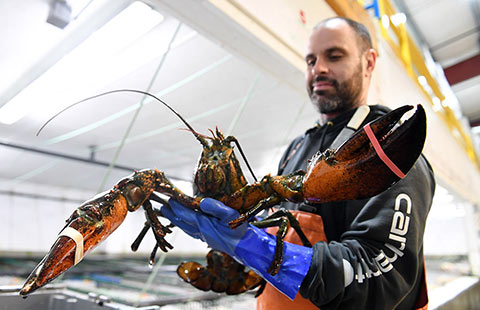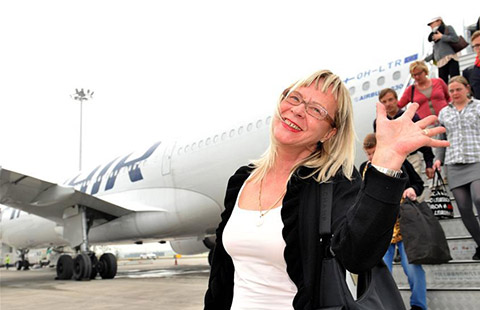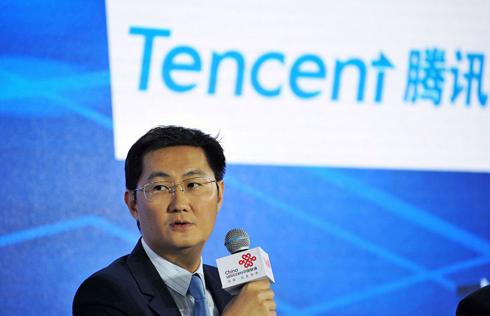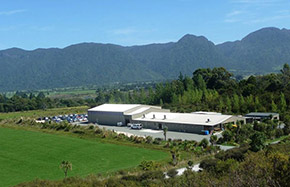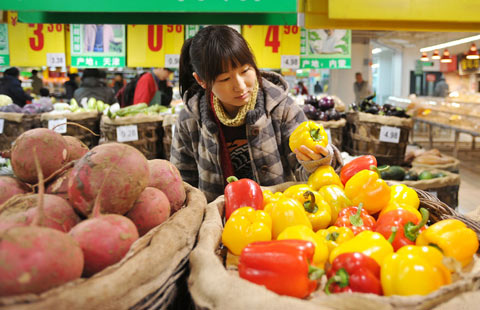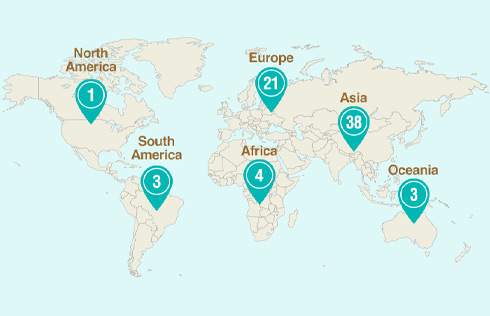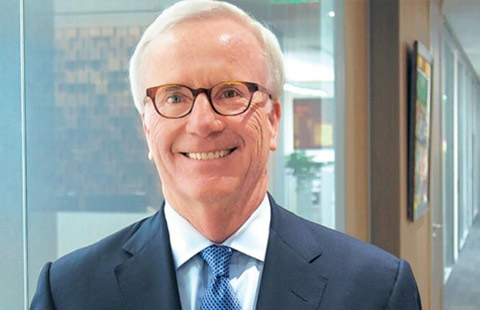A new cycle emerges with technology
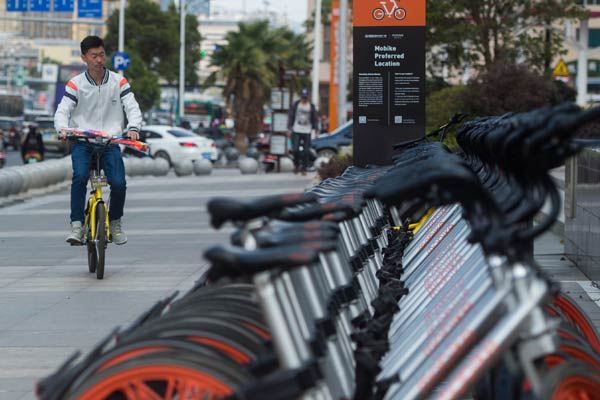 |
|
A customer rides a shared bike in Haigeng Road in Kunming, capital of Yunnan province, to a designated parking lot for shared bikes. The city has set up 120 such lots. [Photo/Xinhua] |
Wang Xiaofeng, CEO of Beijing Mobike Technology Co Ltd, believes the bike-sharing startup's obsession with technology and products will help it stand out from the competition.
"From the day Mobike was set up, our bikes are designed to facilitate urban transportation, which is quite different from our rival," Wang said, referring to ofo which was initially meant to help students access bikes in campuses.
An important result of that difference is that bikes operated by Mobike are equipped with GPS-enabled smart locks, while ofo's bicycles started with mechanical locks.
"As capital floods into the bike-sharing sector, it is easy to neglect that big data and cloud computing are what set connected bikes apart from traditional bicycles. But to boost operating efficiency and lower costs, technology always remains the key," Wang said.
When the company realized that some bicycles are parked in unlit or hard-to-reach areas, it came up with an innovative solution rather than hire workers to move these bikes to where demand is high.
It linked such bikes with red envelops as a cash incentive to encourage users to find them. The design also makes the bike-finding experience an interesting venture.
"The idea is enabled by our smart locks and our algorithm. It demands strong technological capability to deliver such a service," he added.
But ofo is catching up rapidly. It partnered with China Telecom and Huawei Technologies in February to leverage internet-of-things technology. Earlier this month, it also announced plans to equip its bikes with BeiDou-enabled smart locks by tapping into China's homegrown BeiDou navigation satellite system.
Still, Mobike may enjoy the first-mover advantage for some time. Xia Yiping, chief technology officer, said the company has already built one of the world's largest internet-of-things platforms.
"We partner with Vodafone Group plc, a UK telecom firm, in Singapore to build the platform and we adopt Microsoft's Azure cloud services. They are all international companies, which means that when we enter into Europe and the US, we don't need to build an IoT platform from scratch. We can rapidly replicate what we have done here," Xia said.





